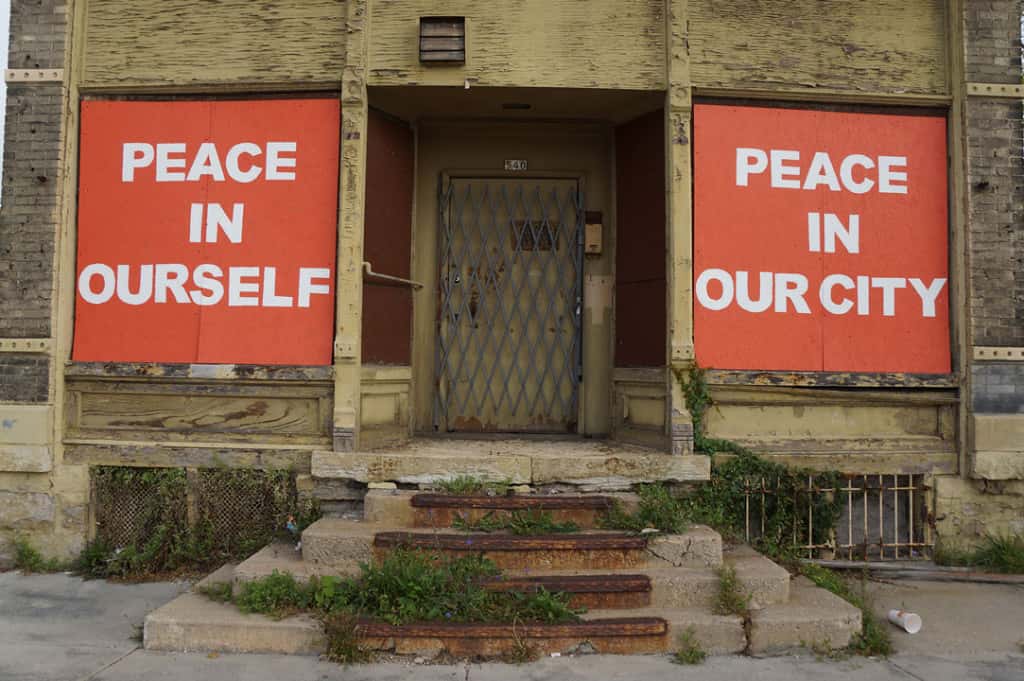
Christopher Sheats wanted no part of the insanity the rich people in the rest of his state were ginning up. The wealthiest plantation owners of Alabama had hatched a scheme to join up with the fabulously rich planters of several nearby states and try to take down the government of the United States.
They had the money to make it happen, controlled most of the political power in the state, and had already required thousands of Alabama’s young men to prepare their slave patrol militias for a much larger war against their own nation.
But Sheats was from the one county in Alabama that had no big plantations, and thus very few enslaved people. The “right” to free labor from enslaved humans was driving the politics of Alabama then, but Winston County wanted no part of the coming rich man’s war.
Which is why the good people of Winston County elected the 22-year-old schoolteacher to attend the Alabama secession convention and make clear to the rest of the state that they had no intention of joining in the civil war the rich planters were openly preparing.
William Looney lent Sheats his tavern for a countywide meeting on July 4th of that year, and the people assembled there first agreed Sheats had done the right thing when he refused to sign the Alabama statement of secession.
They further agreed that if Alabama could secede from the union, then Winston County could secede from the state (leading to a cheer: “Hoorah for the Free State of Winston!”), although they never formalized that step.
Finally, the men at Looney’s Tavern declared for posterity that they had no interest in fighting in any civil war that may be brewing, on either side. Their resolution asked that the state leave them alone to “work out our own political and financial destiny.”
Thus, Winston County Alabama became the sole holdout in the War Between the States, even sending its young men north to aid the Union Army in a formation known as the “First Alabama Cavalry, USA.”
As Jean-Baptiste Alphonse Karr noted around that same time, “the more things change, the more they stay the same.”
Marcella Mulholland, writing in the Kаnsаs Rеflеctоr about the power and influence of the billionaire Koch network, noted just two weeks after the Trump attempt to overthrow our government and assassinate the Vice President and Speaker of the House:
“Earlier this month, when domestic terrorists overran the U.S. Capitol, they did not act alone. Not only did they have the full and expressed support of the president and other Republican electeds, they also had the backing of oil companies that have spent billions of dollars undermining our electoral process and normalizing the rejection of science and facts.”
Replace “oil” with “cotton” and history is tragically repeating itself. The Center for Media and Democracy has the receipts, in their article How The Koch Network Hijacked The War On Covid.
As I laid out in detail in The Hidden History of American Oligarchy, by the late 1830s the South had ceased to resemble a real democracy in any meaningful way, largely because of the newly-invented and very expensive cotton gin that could, with water power or a single horse, do the hard cotton-cleaning work of 50 enslaved people.
It made large plantation owners so fabulously rich they easily ran smaller cotton farms (who couldn’t afford to buy a gin) out of business, leaving their owners to sell their land to the planters and work as employees or sharecroppers. Most of Alabama, by that time, had more in common with feudal Europe 300 years earlier than with any of the northern states.
Because the southern states were fully captured by a few thousand wealthy planter families by 1861, Alabama had become a regional fascistic police state where dissenting newspapers were closed, dissenting politicians assassinated or imprisoned, and the absolute life-and-death power of wealthy planter families over even their poor White employees was not questioned.
Today’s equivalent of the families who owned and controlled most of the South in 1861 are a few dozen rightwing American billionaires and a few hundred massive companies. And since the Supreme Court legalized political bribery with their Citizens United decision, those folks have been busy.
As Mulholland notes:
“When Trump came to power, the Koch web of political advocacy groups had a clear wish list of anti-environmental rollbacks. Four years later, nearly every one of these wishes has been granted — including the elimination of the Clean Power Plan, U.S. exit from the Paris Agreement, expanded fracking on public and indigenous lands, and gutting of the National Environmental Policy Act.
And now, as Walker Bragman and Alex Kotch wrote in a stunning piece at The Daily Poster, the same billionaire-funded network that created the Tea Party to water down Obamacare and fight climate change legislation has now mobilized to fight the Biden administration’s efforts to return the country to normal by getting the pandemic under control.
“To fight its war,” they note, “the Koch network also relied on the astroturf roadmap behind the anti-government Tea Party movement, using its dark money apparatus to coordinate anti-lockdown protests.”
The vast majority of Americans are like the good citizens of Winston County Alabama in 1861: they just want to work, raise their families, and be left alone.
Just like in 1861, however, when Abraham Lincoln’s election threatened the entire (slavery-based) business model of the South’s oligarchy, today’s Democrats threaten the profits of the trillion-dollar carbon industry by trying to get the nation off our fossil fuel addiction.
Rightwing oligarchs who use the language of freedom and liberty to justify replacing democracy with authoritarianism are at it again, pitting Americans against each other without regard to the damage it does to our republic.
Winston County didn’t get their wish for neutrality: Sheats was imprisoned as a traitor to the Confederacy and men from across the county were forcibly drafted to fight in the morbidly rich plantation owners’ Civil War.
But in the end, democracy returned to the South after what was then called “The Rich Man’s War” had killed over 600,000 Americans. President Grant appointed Sheats U.S. Consul to Denmark and he later served his now-free state honorably in the U.S. House of Representatives.
White people in the South have repeatedly been suckered into taking the side of oligarchs, once to support the cotton industry and now to prop up fossil fuels and tax breaks for the ultra rich.
Most recently they’ve been following a libertine billionaire from New York who manipulated their fears with birtherism and racism while mocking them behind their backs.
Will America be torn apart again, now that a new network of fabulously rich White men who see their fortunes threatened by social and political change?
Or will we avoid the horrors of Americans killing each other in another futile effort to protect wealth gained by evil and destructive business practices, this time in service of fossil fuels and tax cuts?
Time will tell, but at least this time we can look back into our own history — and hopefully learn from it.
Аndrеа Pіаcquаdіо
© Thom Hartmann, used with permission. Originally published on The Hartmann Report as Will America Be Torn Apart Again By Wealthy White Men?
Subscribe to The Hartmann Report directly and read the latest views about U.S politics and other fascinating subjects seven days a week.














